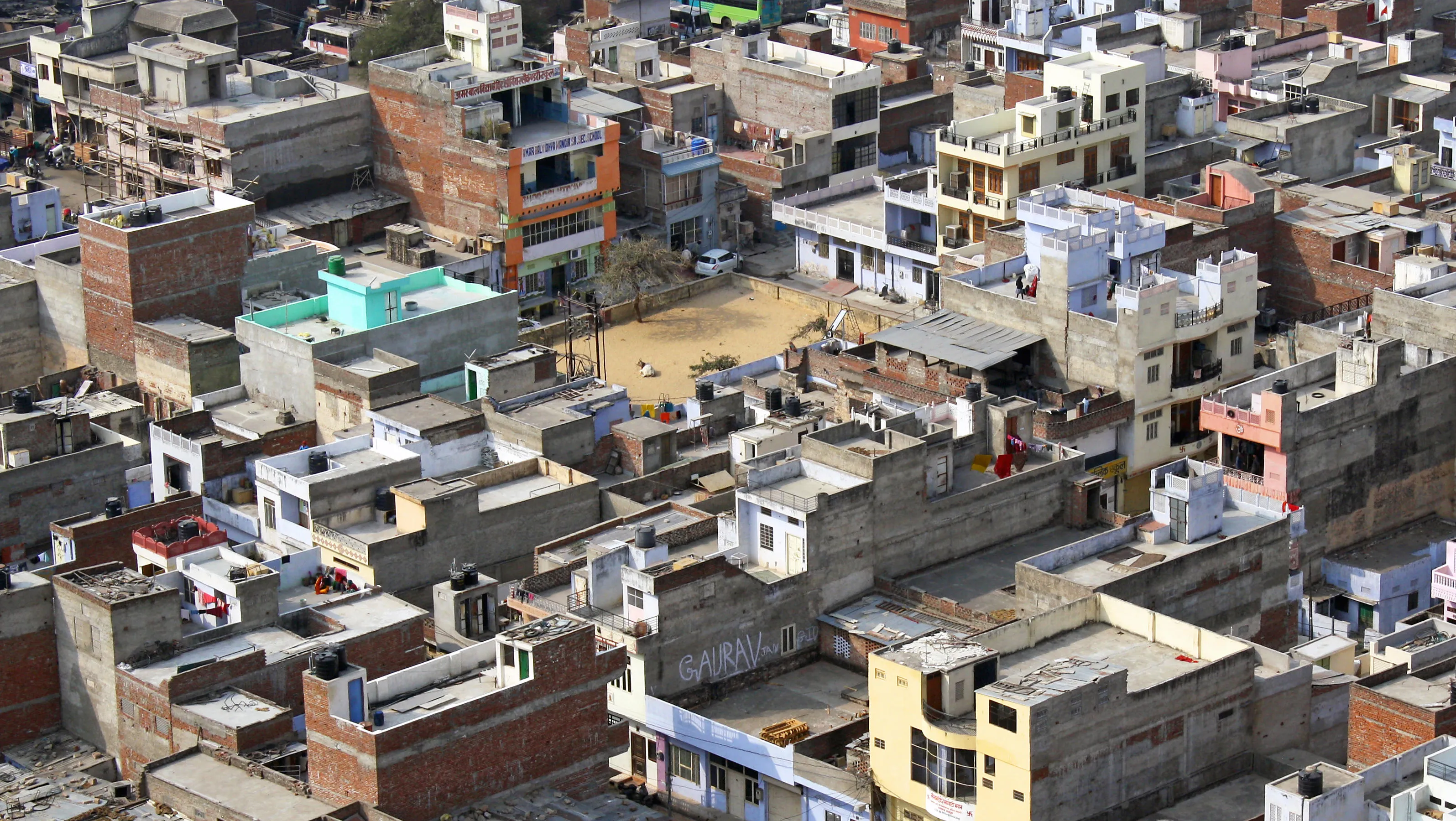29 March 2018
Learning from Small Cities
Dr Ayona Datta from King’s Department of Geography has just received a major grant from the Newton funds to lead a two-year research project on smart cities in India. The project aims to learn from the dynamics of changes in India’s small cities.

Learning from small cities: Governing imagined futures and the dynamics of change in India's smart urban age
Dr Ayona Datta from King’s Department of Geography has just received a major grant from the Newton funds to lead a two-year research project on smart cities in India. The project aims to learn from the dynamics of changes in India’s small cities as they transform into the smart cities that will herald India’s urban future. The funding is part of the Economic and Social Research Council’s (ESRC) Urban Transformations programme.
In collaboration with Birkbeck University, Birmingham University, the Institute of Economic Growth (Delhi) and the Indian Institute of Science Education and Research, the two-year project will produce major policy and research directions that aim to deliver the Sustainable Development Goal (SDG) 11 ‘Sustainable cities and communities’ and is directly relevant to the goals of UN-Habitat and New Urban Agenda (NUA). The project aims to deliver a variety of outputs to contribute to both academic and policy makers’ understanding of actually existing smart cities, including animated info-graphics, smart city toolkit, policy briefings, and a public exhibition and catalogue to maximise the impact of the research.
Dr Datta said: “A key question for us is how the imagination of a smart urban future is governed by both the federal State and urban municipalities and consequently lived and experienced by ordinary urban citizens.” According to Dr Datta, 'in India most of the cities chosen for transformation under its 100 smart cities flagship programme are ‘small’ with a population of less than a million. But there is increased uncertainty about how these small cities will be able to adapt to smart city technologies and infrastructures given their continued challenges of data scarcity, broken, incomplete or improvised infrastructures. We wanted to focus on these cities since there is much to learn from their dynamics of change as they are the test-beds of state experiments with smart urban futures.'
The team will take an interdisciplinary approach from urban, social and cultural geography, as well as sociology and geo-informatics to learn from three small cities in India: Shimla, Jalandhar and Nashik. In each of these cities the project team will undertake analysis of imagined urban futures through longitudinal mapping, crowd-sourced digital and community asset mapping and interviews with stakeholders and beneficiaries of smart city projects.
The research project will run from 2018-2020.
For more information contact: Dr Ayona Datta
